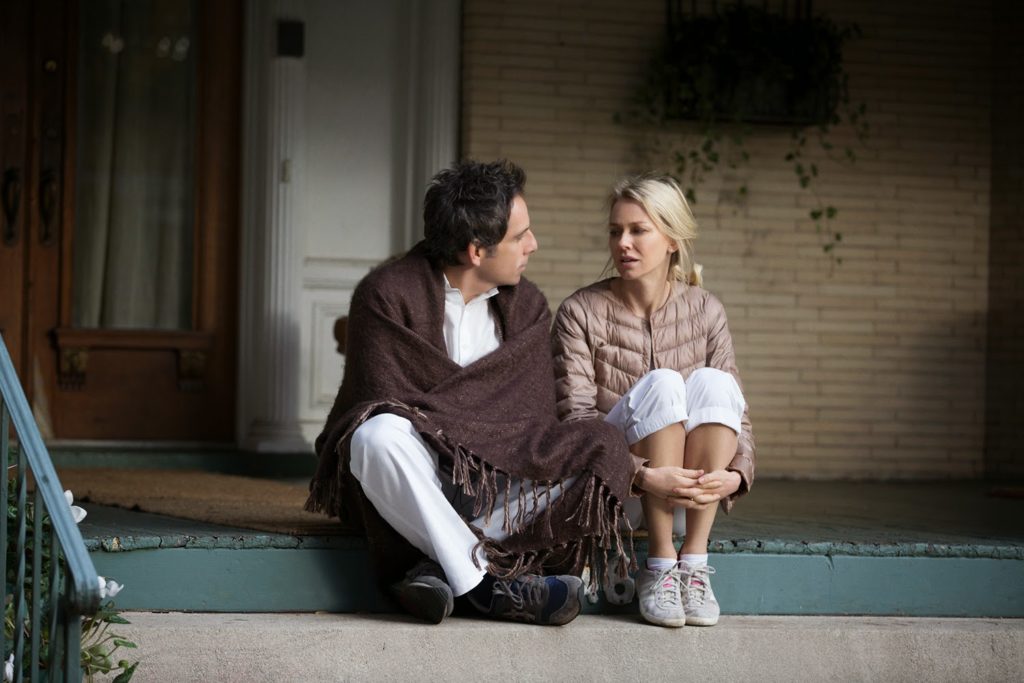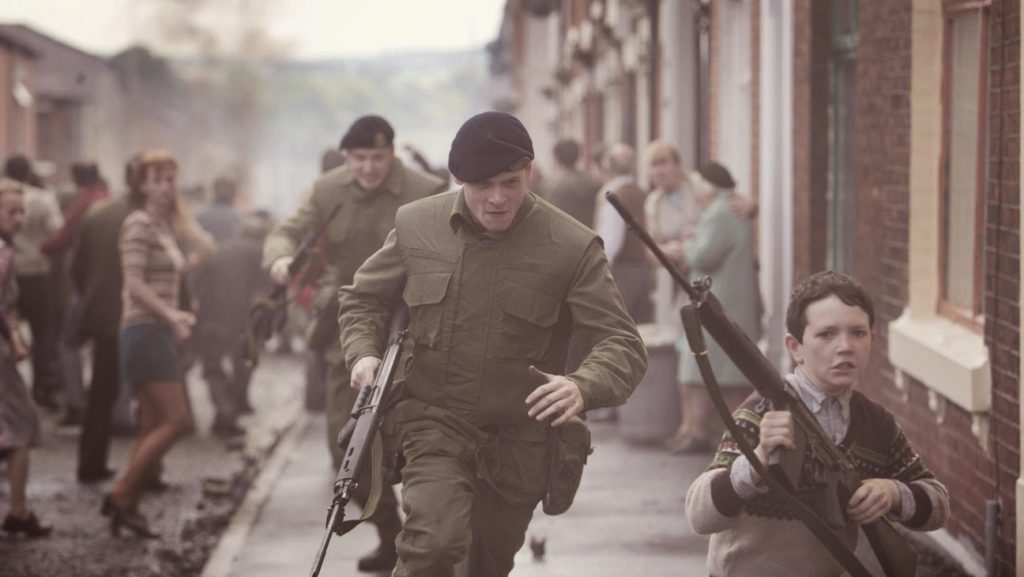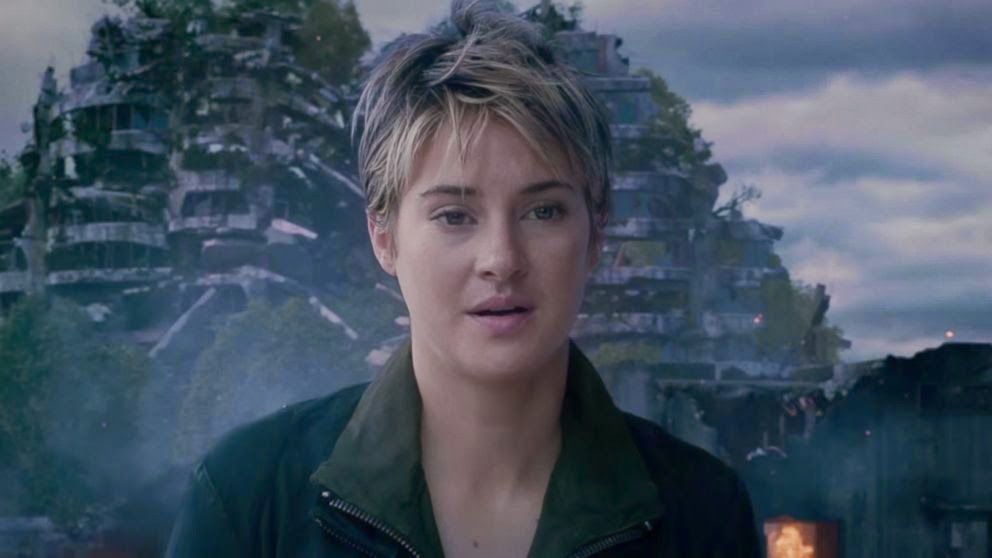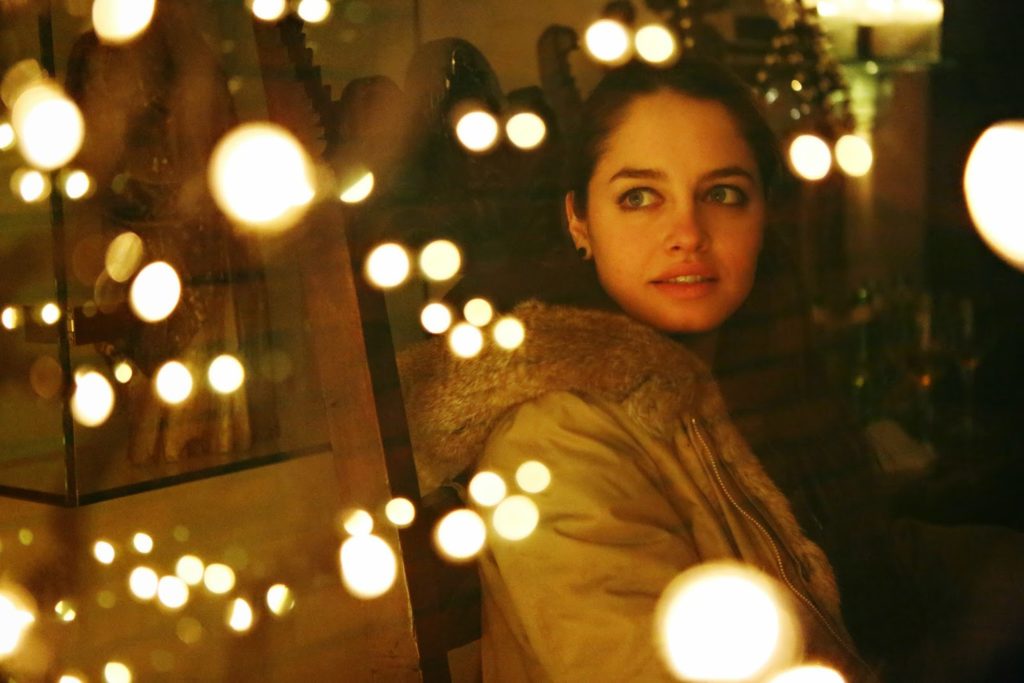While We’re Young: Growing Older, But Not Growing Up
The obvious irony of the title While We’re Young is that it’s a movie singularly fixated on the fear of growing old. Its hero is Josh (Ben Stiller), a fortyish documentary filmmaker who lives a life of relative comfort in New York City but is nevertheless plagued with anxiety, about both the specific utility of his work and his general place in the world. In other words, Josh is a lot like Noah Baumbach, the forty-five-year-old director of this bewitching, frustrating film. Like Josh, While We’re Young is smart, and it posits a number of interesting and worthwhile ideas. And, like Josh, it cannot entirely escape the nagging feeling that it’s just running in place, waiting for something to shake it out of its complacency.
In Baumbach’s recent movies, that something has taken the form of Greta Gerwig, the fearless and funny actress whose luminous, achingly vulnerable performance elevated Frances Ha from a crisply amusing cringe comedy into a startlingly humane coming-of-age story. Before that, Gerwig poured her heart into Greenberg, playing opposite Stiller, who delivered a career-best turn as a prickly and altogether unpleasant neurotic. Sadly, Gerwig is absent this time around, while Stiller reverts to his bland, inoffensive screen presence. His lead performance here isn’t bad so much as polite; an established star, he can coast on familiarity and charm, graciously ceding the spotlight to other, hungrier actors. In While We’re Young, he makes room for the magnetic Adam Driver, who plays Jamie, a boisterous aspiring documentarian who seems to idolize Josh. Read More





